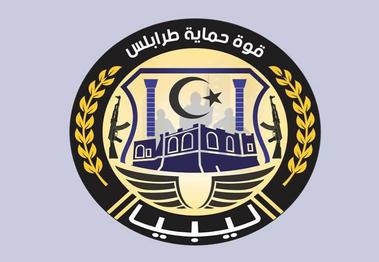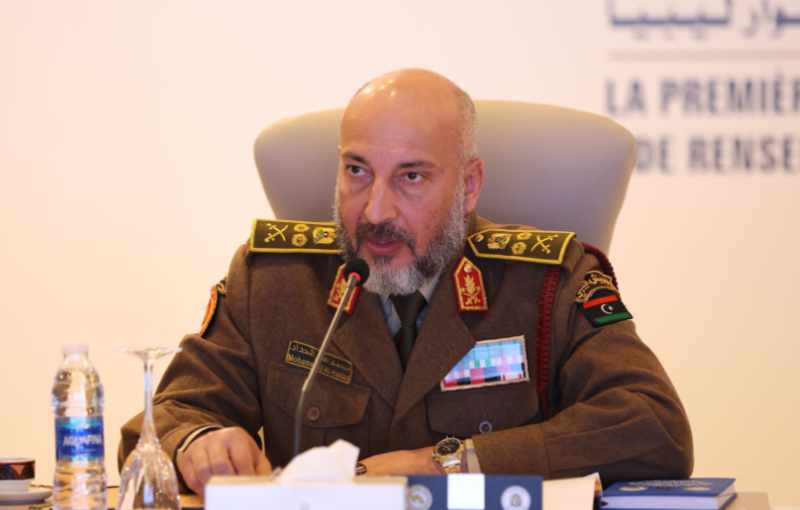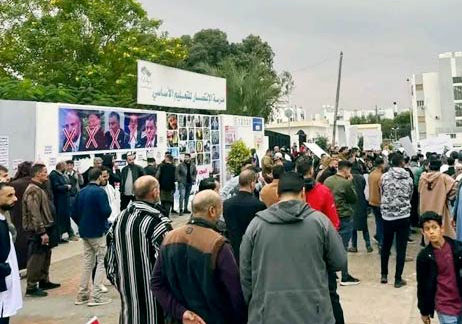Libya: House escalates financial strangulation of the GNU
Published on 2024 February 26, Monday Back to articles
GNU Prime Minister Abdelhamid Dbeibah (L) and the House of Represenatatives’ speaker Aguila Saleh (R)
A fierce political battle is unfolding between Libya’s two key incumbent heavyweights —the Government of National Unity’s (GNU) Prime Minister Abdelhamid Dbeibah and the House of Representatives’ powerful speaker Aguila Saleh — as their struggle for political control of the country intensifies. The conflict has reached a critical point, described by some as a ‘bone-breaking battle,’ with each side employing strategic manoeuvres to gain the upper hand.
At the heart of the dispute is the realisation by Saleh and his allies that Dbeibah’s success hinges on his access to state funds. He is utilising these resources to extend his patronage network in order to secure popular and militia support by establishing a complex web of alliances. He is also leveraging state assets to forge economic partnerships with influential regional players such as Italy and Türkiye.
For his part, Saleh’s strategy is centred around depriving Dbeibah of access to state funds in order to incite popular discontent against the internationally recognised GNU. This pressure has significantly strained the latter because — unlike in previous years when it strongly supported the government — the Central Bank of Libya (CBL) has recently begun limiting financing for the general budget which has already led to two month salary delays for state employees.
In his relentless attempt to tighten parliamentary control on the government and accelerate Dbeibah’s removal, Saleh has now taken further measures to financially suffocate the GNU. On 20 February he issued an important directive which prohibited all pertinent state entities from providing any funds to the government. This drastic step is intended to impose a financial blockade which will strangle the GNU and intensify pressure as part of Saleh’s overarching attempt to overthrow Dbeibah.
The recipients of the circular included key figures such as the Attorney General and the CBL Governor Sadiq el-Kabir. Others included the heads and directors of the: Audit Bureau; Administrative Control Authority; National Anti-Corruption Authority; National Oil Corporation (NOC); Libyan Investment Authority; its Libyan Africa Investment Portfolio subsidiary; Libyan Post Telecommunications, and Information Technology Company (LPTIC); and the Economic and Social Development Fund (ESDF).
This directive coincided with a ruling from the Benghazi Court of Appeal on the same day which suspending Dbeibah’s decision to transfer LD10 billion (US$2.2 billion) from last year’s budget for use in the current fiscal year.
Saleh went further by threatening legal action against anyone found violating the directive and asserted that charges of wasting public money would be brought against them. He urged regulatory and judicial authorities to take swift and deterrent measures against anyone proven to have provided funds to the GNU.
Saleh’s strategic move is aligned with the increasing opposition — particularly from Misrata, Zintan, and Zawiyah — and waning support for the GNU. The financial constraints also hamper Dbeibah’s ability to respond and exacerbate the challenges already faced by his administration.
This excerpt is taken from our Libya Politics & Security weekly intelligence report. Click here to receive a free sample copy. Contact info@menas.co.uk for subscription details.


